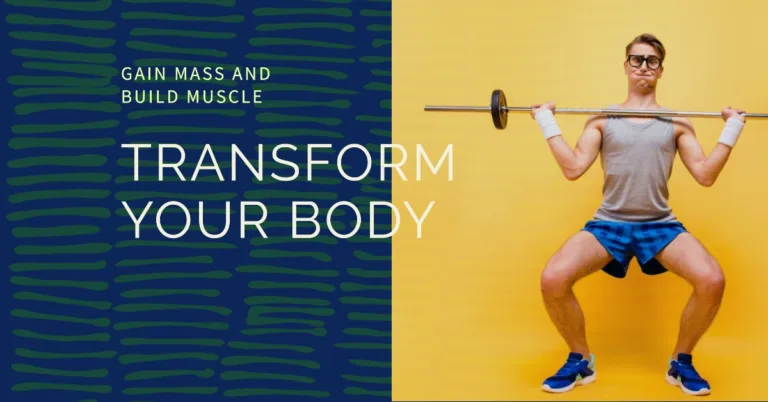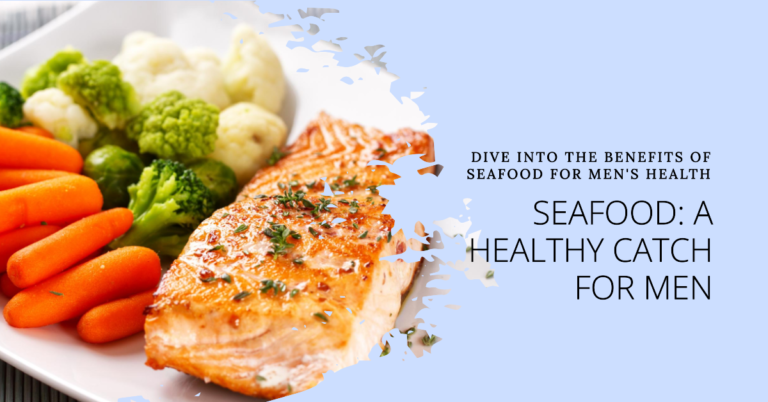Scientific Facts About Bodybuilding Nutrition
Are you looking to maximize your muscle gains through proper nutrition?
In this article, we will uncover the scientific facts about bodybuilding nutrition that can help you reach your fitness goals.
You’ll discover the crucial role of protein in muscle development, the impact of carbohydrates on muscle growth, the importance of essential fats for optimal performance, and the role of vitamins and minerals in muscle development.
Additionally, we’ll discuss the timing and frequency of meals to maximize your muscle-building potential.
Get ready to revolutionize your bodybuilding journey with these evidence-based nutrition tips.
Table of Contents

The Role of Protein in Bodybuilding Nutrition
To maximize your muscle growth, you’ll need to understand the role of protein in bodybuilding nutrition.
Protein is an essential macronutrient that plays a crucial role in repairing and building muscles. When you engage in intense workouts, you create microscopic tears in your muscle fibers. Protein acts as the building blocks for repairing and rebuilding these damaged muscles, ultimately leading to muscle growth.
Additionally, protein helps to maintain a positive nitrogen balance in your body, which is necessary for muscle synthesis. It also provides satiety, keeping you fuller for longer and preventing overeating.
To meet your protein needs, aim for 1.2-2 grams of protein per kilogram of body weight per day. Incorporate lean sources such as chicken, fish, tofu, and beans into your meals and consider supplementing with protein shakes if necessary.
Carbohydrates and Their Impact on Muscle Growth
Carbs play a crucial role in muscle growth and their consumption should be adjusted according to your individual goals and activity levels.
Carbohydrates are the body’s primary source of energy, providing fuel for intense workouts and helping to replenish glycogen stores in muscles. When consumed in the right amounts, carbs can support muscle growth by promoting protein synthesis and preventing muscle breakdown.
However, it’s important to note that not all carbs are created equal. While simple carbohydrates like sugar can provide quick energy, complex carbohydrates like whole grains, fruits, and vegetables are preferred for their higher fiber content and slower digestion.
To optimize muscle growth, aim to consume a balanced mix of carbohydrates, protein, and healthy fats, while adjusting your carb intake based on your specific bodybuilding goals and activity levels.
Essential Fats for Optimal Bodybuilding Performance
Including essential fats in your diet is important for optimal bodybuilding performance and overall health. Contrary to popular belief, not all fats are bad for you. In fact, certain fats are essential for your body to function properly.
Omega-3 fatty acids, found in foods like salmon and walnuts, have been shown to have numerous health benefits. They can reduce inflammation and improve heart health. These fats can also enhance muscle growth by promoting protein synthesis and increasing insulin sensitivity.
Including healthy fats in your diet can help you feel fuller for longer, preventing overeating and aiding in weight management. So, don’t be afraid to incorporate sources of essential fats into your meals and snacks. They can play a crucial role in your bodybuilding journey.
Micronutrients: Vitamins and Minerals for Muscle Development
Contrary to popular belief, not all fats are bad for you. In fact, fats play a crucial role in the body’s overall functioning, including muscle development.
When it comes to bodybuilding nutrition, it’s important to focus not only on macronutrients like proteins and carbohydrates but also on micronutrients like vitamins and minerals. These micronutrients are essential for optimal muscle growth and performance.
For instance, vitamin D helps with calcium absorption, which is vital for strong and healthy bones. Vitamin C aids in collagen synthesis, promoting tissue repair and growth. Minerals like iron and zinc support proper oxygen transport and protein synthesis, respectively.
Incorporating a variety of fruits, vegetables, and whole grains into your diet can ensure you’re getting the necessary vitamins and minerals for muscle development.
Timing and Frequency of Meals for Maximizing Muscle Building Potential
When it comes to maximizing muscle building potential, it’s crucial to pay attention to the timing and frequency of your meals. By properly timing your meals and ensuring you eat frequently throughout the day, you can provide your muscles with the necessary nutrients they need to grow and recover. Check out the table below for a simple guide on how to structure your meals for optimal muscle building:
| Meal | Time | Contents |
|---|---|---|
| Breakfast | 7:00 AM | Protein, carbohydrates, and healthy fats |
| Pre-workout snack | 10:00 AM | Quick-digesting protein and carbohydrates |
| Post-workout meal | 12:00 PM | Fast-absorbing protein and carbohydrates |
| Afternoon snack | 3:00 PM | Protein and complex carbohydrates |
| Dinner | 6:00 PM | Lean protein, vegetables, and healthy fats |
Frequently Asked Questions
Can Bodybuilders Consume Too Much Protein?
Yes, bodybuilders can consume too much protein. This can put strain on your kidneys and potentially lead to health issues. It’s important to find a balance and not go overboard with protein intake.
Are There Any Specific Carbohydrates That Are Best for Muscle Growth?
Yes, there are specific carbohydrates that are best for muscle growth. Sweet potatoes, brown rice, and quinoa are some examples. They provide sustained energy and essential nutrients for your muscles to recover and grow.
What Are Some Examples of Essential Fats for Bodybuilders?
Some examples of essential fats for bodybuilders include omega-3 fatty acids found in fish like salmon, and monounsaturated fats found in avocados and nuts. These fats can support muscle growth and overall health.
How Do Vitamins and Minerals Specifically Aid in Muscle Development?
Vitamins and minerals specifically aid in muscle development by supporting various physiological processes. For example, vitamin D promotes calcium absorption, which is crucial for muscle contraction, while minerals like iron and zinc help in energy production and protein synthesis.
Is Intermittent Fasting Beneficial for Maximizing Muscle Building Potential?
Intermittent fasting can be beneficial for maximizing muscle building potential. By restricting your eating window, it can help with fat loss and increase growth hormone levels, improving body composition and enhancing muscle development.
Conclusion
In conclusion, bodybuilding nutrition plays a crucial role in maximizing muscle building potential. You need to focus on consuming adequate amounts of protein to support muscle growth.
Carbohydrates are important for providing energy during intense workouts and promoting muscle recovery.
Essential fats are necessary for optimal performance and overall health.
Don’t forget to include a variety of vitamins and minerals to support muscle development.
Lastly, pay attention to the timing and frequency of your meals to ensure you’re fueling your body effectively.
Keep these scientific facts in mind to achieve your bodybuilding goals.








